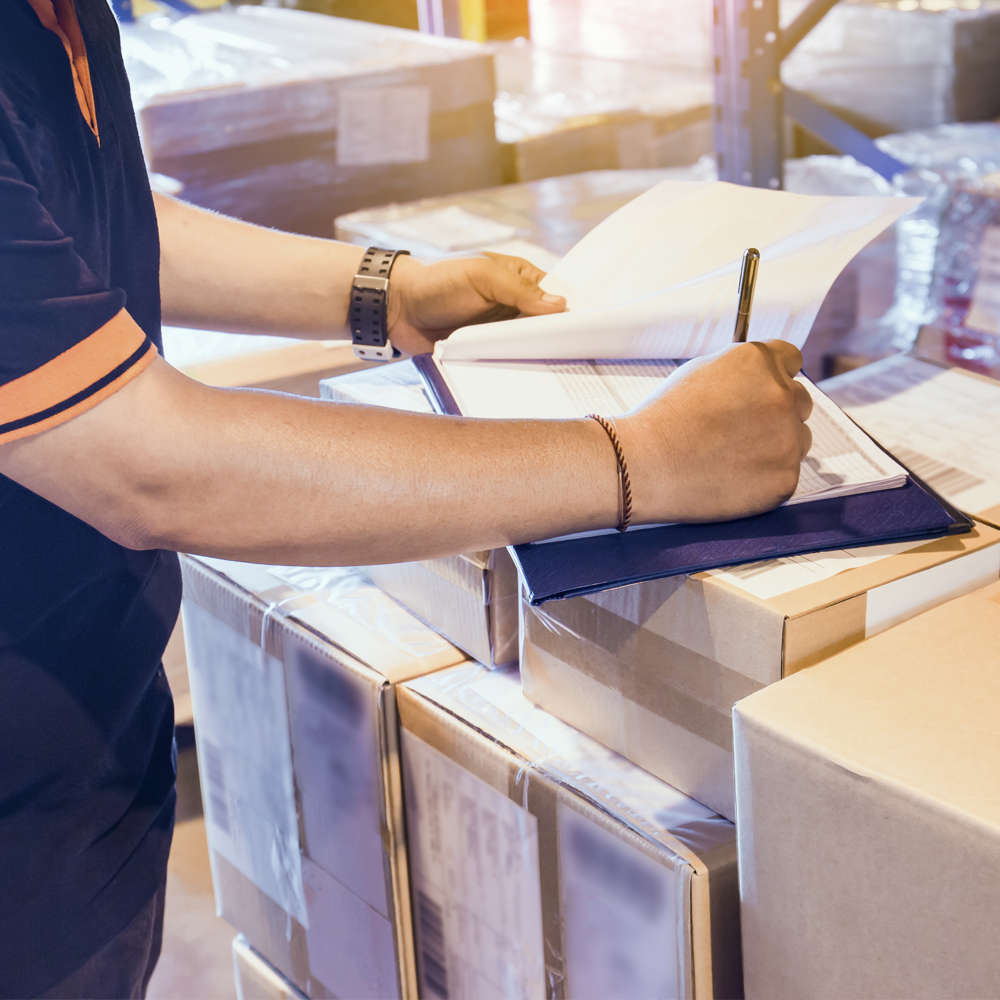The end of the Brexit transitional period on 31 December 2020 means a change in the VAT accounting rules for importers from both EU countries and the rest of the world. Traders who import from outside the EU will benefit from a cash boost. There is also updated guidance for businesses that complete customs declarations about the grants available for funding recruitment, training and IT improvements.
The new VAT trading rules apply from 1 January 2021, creating an added complication for many businesses still struggling under Covid-19 restrictions.
Accounting for import VAT on VAT returns
The new rules apply for goods imported from anywhere in the world – not just from the EU. Under a system of postponed accounting, VAT-registered businesses now declare and recover import VAT on the same VAT return. Postponed accounting is similar to the reverse charge procedure that previously applied for goods acquired from the EU.
For non-EU imports, postponed accounting replaces the old basis of paying import VAT upfront and recovering it later, simplifying the procedure and creating a cash flow advantage for traders who import non-EU goods. The normal input VAT rules apply, so, for example, there is no recovery, or only partial recovery, for imported goods that relate to VAT-exempt supplies. Postponed accounting cannot be used if:
- imported goods are not for business use, or
- a business’s VAT registration number is not included on the customs declaration.
A different set of quite complicated rules applies for imported goods with a value of £135 or less.
Goods in special procedures
Businesses can use postponed accounting when they submit their declaration for removing goods into free circulation from the following special procedures:
- customs warehousing
- inward processing
- temporary admission
- end use
- outward processing
- duty suspension
Postponed accounting can also be used when excise goods are released from an excise warehouse.
Completing VAT returns
Postponed import VAT is normally accounted for on the VAT return that covers the date on which goods are imported. The relevant information should be available from import VAT statements which are available online in the first half of each month. The statement shows the total import VAT postponed in the previous month. VAT returns must include:
| Box 1 | VAT due on imports accounted for through postponed VAT accounting |
| Box 4 | VAT reclaimed on imports accounted for through postponed VAT accounting |
| Box 7 | The total value of all imports of goods (excluding any VAT) |
Customs grant scheme
The customs grant scheme helps businesses prepare for the changes.
- Not completing customs declaration Exporters and importers can apply for a training grant of up to £1,000 per organisation, if they have been newly required to declare their goods to customs as a result of the UK leaving the EU, but do not complete their own declarations.
- Completing customs declaration: There are more substantial grants for exporters and importers who now have to complete their own declarations. For example, there are grants of £15,000 towards the salary and recruitment costs of a new recruit, 100% of relevant IT expenditure, and 100% of the cost of externally-provided training (subject to a limit of £1,500 per employee).
The grants can cover the salary costs of an employee who is redeployed from another part of the business to undertake customs declarations. Claims can generally cover costs backdated to 12 June 2020.


